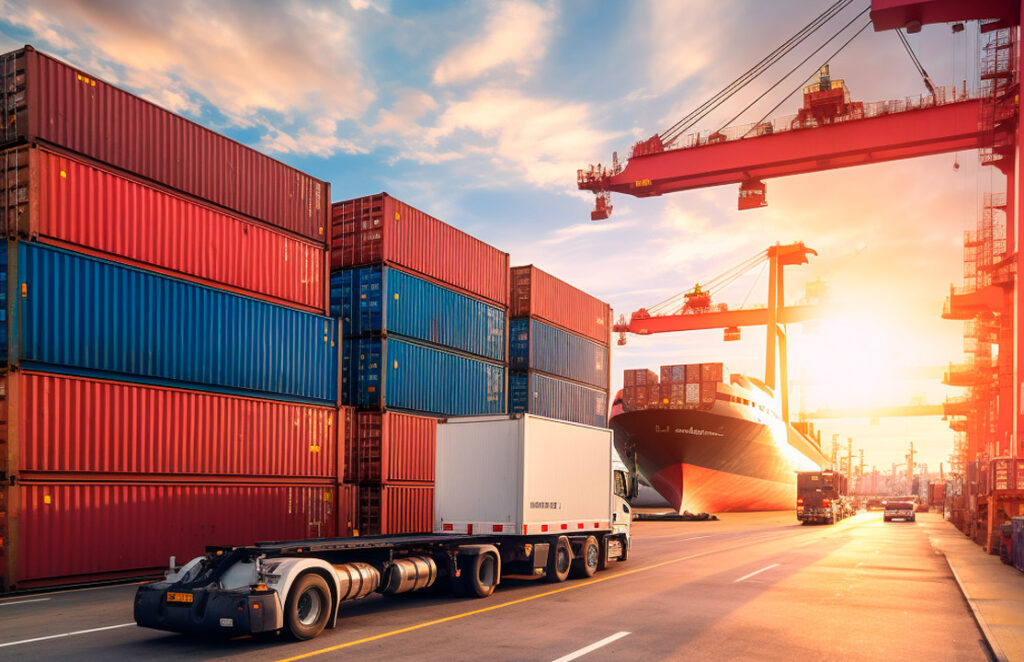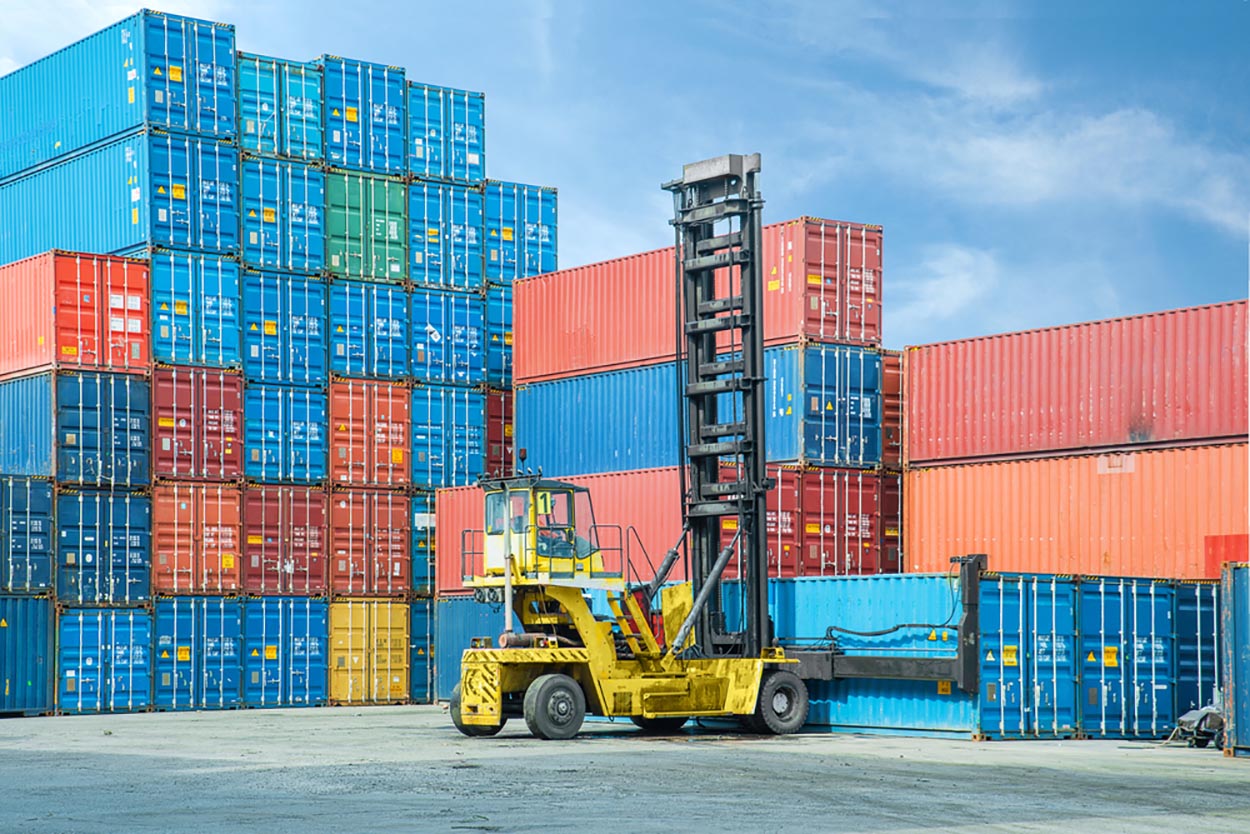Indonesia, an archipelago of over 17,000 islands, relies on efficient cargo expeditions to sustain its economy and connect its diverse regions. With its vast expanse of seas and islands, transportation logistics are crucial for ensuring goods reach their destinations in a timely manner. The country’s unique geography, coupled with its position along major global trade routes, makes cargo expeditions an indispensable part of daily life and economic progress. From connecting remote villages to bustling urban centers to facilitating international exports, cargo services are the backbone of Indonesia’s trade and commerce. The rapid growth in industries like e-commerce and manufacturing has further highlighted the importance of these services in driving the nation’s economy forward.
The geography of Indonesia poses both challenges and opportunities for cargo expeditions. The islands are separated by seas, rivers, and varied terrains, making it necessary to employ a multi-modal transport system. Ships, airplanes, trucks, and trains work together to form an integrated logistics network capable of overcoming these challenges. Major ports like Tanjung Priok in Jakarta, Tanjung Perak in Surabaya, and Belawan in Medan act as critical hubs, ensuring seamless movement of goods between islands and international markets. However, unpredictable weather conditions and infrastructure gaps in rural areas sometimes create bottlenecks. To tackle these issues, the government and private sector are investing in technology-driven solutions like real-time tracking, route optimization, and infrastructure improvements to ensure smoother operations.
The surge in e-commerce across Indonesia has fueled significant growth in the cargo expedition sector. Online marketplaces such as Tokopedia, Shopee, and Lazada have led to a massive increase in the demand for logistics services, particularly for last-mile deliveries. With more people shopping online, companies have been compelled to enhance their networks and improve delivery efficiency to cater to consumer expectations. Many logistics providers now offer tailored solutions for e-commerce businesses, including warehousing, order fulfillment, and rapid delivery options. This boom in digital retail has not only modernized the logistics industry but also connected remote areas with urban and global markets. As a result, cargo expeditions have become an essential component of Indonesia’s digital economy.

International trade is another area where ekspedisi cargo muat play a pivotal role. The nation’s strategic location along key maritime trade routes makes it a vital hub for global commerce. Exports like palm oil, coal, rubber, textiles, and seafood are shipped to international markets, thanks to the efficient operations of cargo services. Additionally, the Indonesian government has prioritized enhancing the country’s ports and logistics infrastructure through initiatives like the “Sea Toll” program, which aims to ensure goods can be distributed across the archipelago at reduced costs. Projects such as the expansion of the Patimban Port and improvements to New Priok Terminal further underscore the country’s commitment to becoming a leading logistics hub in Southeast Asia. These developments not only support domestic trade but also attract foreign investment and partnerships in the logistics sector.
Sustainability has become an increasingly important aspect of cargo expeditions in Indonesia. With growing global concerns over climate change and environmental impact, logistics companies are now seeking ways to minimize their carbon footprints. Green practices, such as using energy-efficient vehicles, implementing cleaner fuel alternatives, and optimizing delivery routes, are becoming more prevalent in the industry. The government has also introduced policies to encourage sustainable shipping, pushing companies to innovate and align with global environmental standards. As sustainability becomes a core focus, the cargo expedition industry is poised to evolve further, striking a balance between economic growth and environmental responsibility.
In conclusion, cargo expeditions in Indonesia are a vital lifeline that connects the country’s islands, facilitates economic activity, and integrates local markets with global trade. Despite the logistical challenges posed by its geography, the sector has shown resilience and adaptability through technological advancements, strategic investments, and a growing emphasis on sustainability. Whether supporting the booming e-commerce sector or ensuring the smooth flow of international exports, cargo expeditions play a crucial role in Indonesia’s economic and social fabric. With continuous efforts to modernize infrastructure and adopt innovative solutions, the future of cargo expeditions in Indonesia looks promising. As the country continues to thrive as a maritime nation, its cargo services will remain a driving force behind its progress and development.
